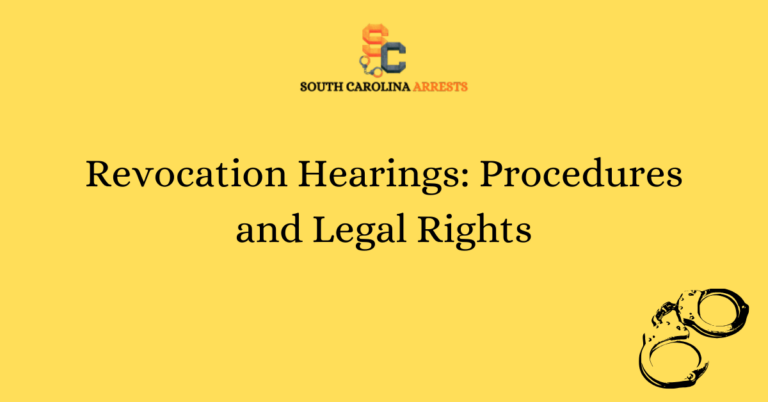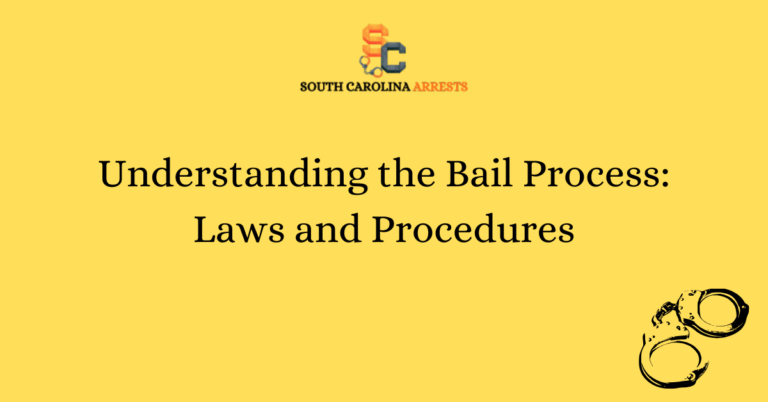Habeas Corpus Petitions: Legal Rights and Process
Exploring the legal landscape of Habeas Corpus petitions opens a window into the intricate web of legal rights and processes that underpin the justice system. Understanding the nuances of this fundamental legal tool is crucial for anyone navigating the complex terrain of civil liberties and due process.
Delving into the realm of Habeas Corpus petitions unveils a world where individuals can assert their rights against unlawful detention or imprisonment. This legal avenue serves as a safeguard against arbitrary state power and ensures that justice prevails through a structured process of legal recourse.
The Legal Landscape of Habeas Corpus Petitions
Habeas Corpus petitions play a crucial role in safeguarding individual liberties within the legal system. These petitions allow individuals to challenge the legality of their detention or imprisonment, asserting their right to due process. The legal landscape surrounding Habeas Corpus petitions involves intricate procedural rules, evidentiary standards, and constitutional principles, making it a vital aspect of protecting civil liberties and ensuring fair judicial review.
Importance of Understanding Civil Liberties
Civil liberties are fundamental rights guaranteed to individuals, including the right to due process and protection from unlawful detention. Understanding civil liberties is crucial in the context of habeas corpus petitions, as it ensures that individuals are afforded their legal rights when challenging their detention.
Key Components of Habeas Corpus Petitions
Habeas corpus petitions are legal requests filed by individuals in custody to challenge the legality of their detention. These petitions typically involve claims of unlawful confinement, lack of due process, or violations of constitutional rights. Key components of habeas corpus petitions include presenting evidence of wrongful imprisonment, demonstrating a violation of legal rights, and seeking relief from unlawful detention.
Role of Due Process in Habeas Corpus Cases
Due process is a fundamental principle that guarantees individuals the right to a fair and impartial legal process. In habeas corpus cases, due process ensures that individuals have the opportunity to challenge the legality of their detention, present evidence in their defense, and receive a fair hearing before a judge. Due process plays a critical role in safeguarding individual rights and preventing arbitrary or unjust imprisonment.
Challenges Faced in Filing Habeas Corpus Petitions
Individuals filing habeas corpus petitions often face numerous challenges, including navigating complex legal procedures, gathering evidence to support their claims, and overcoming procedural hurdles. Additionally, individuals in custody may lack access to legal resources, face time constraints, or encounter resistance from authorities. Overcoming these challenges requires a thorough understanding of the legal process and strategic planning to effectively present a case.
Legal Rights Afforded to Individuals in Detention
Individuals in detention have specific legal rights that protect them from arbitrary or unlawful confinement. These rights include the right to due process, the right to legal representation, the right to challenge the legality of their detention through habeas corpus petitions, and protection from cruel and unusual punishment. Upholding these rights is essential in ensuring a fair and just legal system.
Impact of Habeas Corpus on the Justice System
Habeas corpus petitions play a crucial role in upholding the rule of law and safeguarding individual rights within the justice system. By allowing individuals to challenge the legality of their detention, habeas corpus petitions serve as a check against government abuse of power, protect against unlawful confinement, and promote accountability within the legal system. The impact of habeas corpus extends beyond individual cases, influencing the broader principles of justice and fairness.
Historical Evolution of Habeas Corpus Laws
Habeas corpus laws have a long history dating back to medieval England, where they were used to prevent arbitrary imprisonment by monarchs. The evolution of habeas corpus laws in the United States can be traced through landmark legal cases and legislative reforms that have expanded and refined the scope of habeas corpus protections. Understanding the historical context of habeas corpus laws is essential in appreciating their significance in protecting individual liberties.
Successful Strategies for Habeas Corpus Petitions
Successfully filing a habeas corpus petition requires careful planning, thorough research, and strategic execution. Some key strategies for effective habeas corpus petitions include conducting a detailed review of the case, gathering compelling evidence to support claims of wrongful detention, working with experienced legal counsel, and adhering to procedural requirements. By employing these strategies, individuals can improve their chances of success in challenging their detention and securing their legal rights.
Frequently Asked Questions
Explore the most common queries and detailed information related to Habeas Corpus Petitions: Legal Rights and Process below.
What is a Habeas Corpus Petition?
A Habeas Corpus Petition is a legal request made by an individual who believes they have been unlawfully detained to have a court determine the legality of their detention.
How can I file a Habeas Corpus Petition?
To file a Habeas Corpus Petition, you typically need to submit a petition to the appropriate court, detailing the reasons for challenging your detention and providing evidence to support your claim.
What are the legal rights associated with Habeas Corpus Petitions?
Legal rights related to Habeas Corpus Petitions include the right to challenge unlawful detention, the right to legal representation, and the right to a fair and impartial hearing in court.
What is the process involved in a Habeas Corpus Petition?
The process of a Habeas Corpus Petition usually involves filing the petition, serving it to the respondent, attending court hearings, presenting evidence, and awaiting a decision from the court on the legality of the detention.
How long does it take for a Habeas Corpus Petition to be resolved?
The time it takes for a Habeas Corpus Petition to be resolved can vary depending on the complexity of the case, court backlog, and other factors. It is best to consult with a legal professional for an estimate in your specific situation.
Can I appeal a decision made on my Habeas Corpus Petition?
Yes, if you are not satisfied with the court’s decision on your Habeas Corpus Petition, you may have the right to appeal the decision to a higher court for further review.







